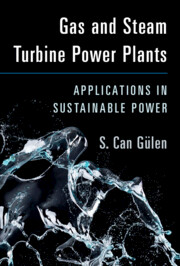This study explores the development and scale-up of an emerging carbon capture technology using molten carbonate electrolysis, which converts CO2 into high-value graphene nanocarbons (GNCs) and oxygen in a single step, offering a scalable and economically incentivized pathway to address global greenhouse gas emissions. Paths to large-scale carbon capture using molten carbonate electrolysis that splits CO2 into GNCs and O2 are studied and advanced. GNCs include carbon nanotubes, carbon nano-onions and other zero-, one-, two- and three-dimensional graphene nanoallotropes. The CO2 to carbon nanotechnology (C2CNT) carbon capture utilization process directly removes the greenhouse gas CO2 over a wide range of concentrations (from 400 ppm to pure CO2), incentivizing the capture by providing a value-added product. Scale-up of the original lab-scale discovery of the transition metal nucleated electrolytic splitting of CO2 to an industrial process is documented. The scale-up includes a three-order-of-magnitude increase in the size of the electrolysis electrodes, an increase in the individual electrolysis modules to 100-tonne CO2 annually, and a new industrial-scale production extraction unit separating the molten electrolyte from the GNC product. The molten carbonate electrolyte has evolved from costly pure lithium carbonate to multicomponent carbonate electrolytes, predominantly based on 10-fold less expensive strontium carbonate. Other advances include the introduction of a new direct cathode press for separation and extraction of the GNC product, as well as specialized modifications of C2CNT for carbon capture, utilization and storage of industrial processes (Genesis CCUS), direct air capture (Genesis DAC) and the separate recovery of the oxygen product (Genesis O2).

